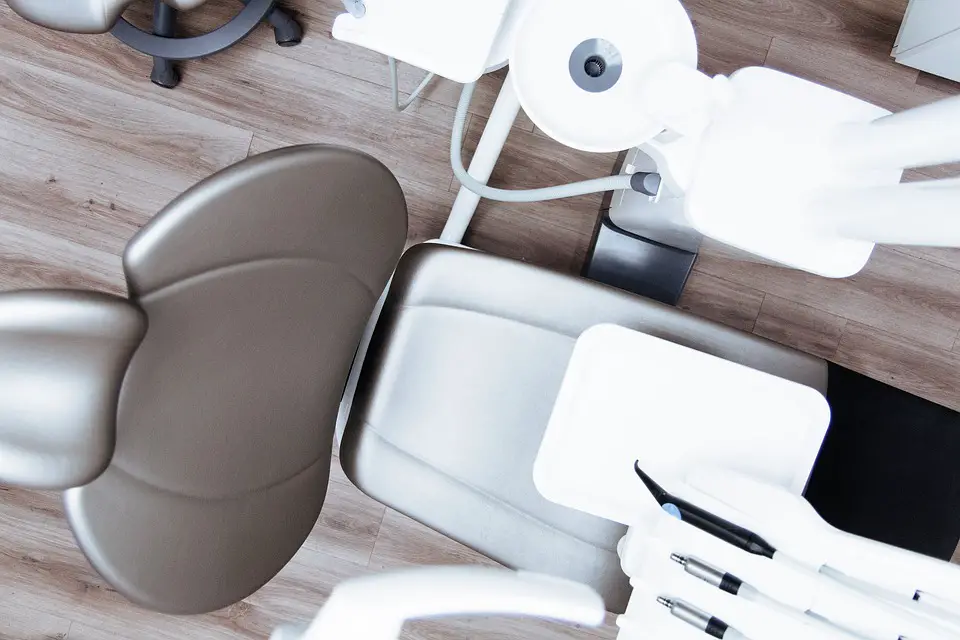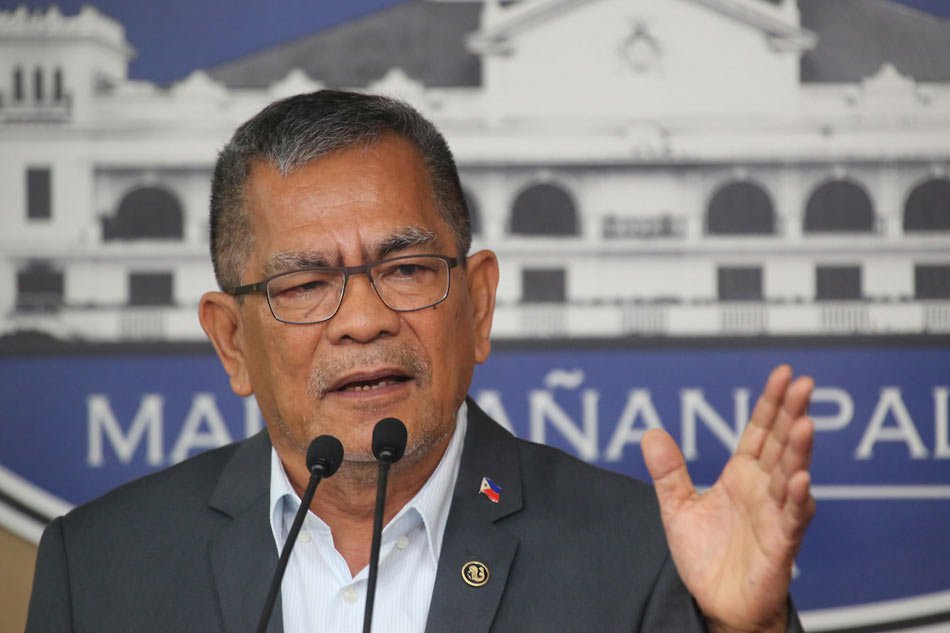Another year, another set of permits for businesses. However, the Department of Interior and Local Governments (DILG) is reminding medical, dental clinics that they are exempted from getting and renewing permits that allow businesses to run. This reminder, however, only talks about the exemption of dental and medical clinics because they give aid to society. No other exemptions were mentioned when they made the announcement.

Ismael Sueno, DILG Secretary said that all LGUs or local government units that dental and medical clinics are going to have the exemption, given that the practitioners are duly paying their taxes in correspondence to the professional tax to the city or province where they are practicing their professions. Meaning, their clinics will be exempted from paying local, license, fee, and national taxes if they pay their professional taxes.
Read: LTO Released the New Guidelines in Getting a Driver’s License
Are all clinic types of the kind exempted?
Now this is where it gets a little complex. As per Sueno, clinics that are utilized for dental and medical check ups and treatment are exempted under the law. On the other hand, clinics with the purpose of generating income (sales) which sell products should still ensure that they have businesses and mayors’ permits.
For instance, products like medicines, in case of medical clinics; toothpastes and toothbrushes for dental clinics; and eye glasses in the event of optometric clinics. Under Section 139 (b) of Republic Act (R.A.) No. 7160 or more known as the Local Government Code of 1991 is the part of the law where the exemption of dental and medical clinics from the business or mayor’s permits is seen.
Read: A Guide in Getting the DOH Medical Scholarship
Under this specific provision, it is noted that professionals should pay their professional taxes to the city or province where he practices the profession.
Every person legally authorized to practice his profession shall pay the professional tax to the province where he practices his profession or where he maintains his principal office in case he practices his profession in several places: Provided, however, That such person who has paid the corresponding professional tax shall be entitled to practice his profession in any part of the Philippines without being subjected to any other national or local tax, license, or fee for the practice of such profession.”
In addition to that, Sueno also said that the department of finance’s Bureau of Local Government Finance stated their opinion about medical clinics. He said that according to them, as a direct consequence of them practicing their professions, they should not be imposed graduated tax on the assumption that they are establishments who offer professional services.
By that, Sueno made the command to all mayors and governments and regional directors of the Department of Interior and Local Government (DILG) to spread his memo in their respective areas.
A few years back, the same notion has been emphasized by DILG, directing all LGUs to review the policy about taxing establishments that aim to give aid to people who need them the most, especially dental and medical clinics who provide check-ups, consultation, and treatment.
Read: No More VAT Starting 2019 on Hypertension, Diabetes and High-cholesterol Medication
This year was just some sort of a refresher because some LGUs apparently either forgot about the policy, or still continued to tax dental and medical clinics even if the practitioner is paying his or her professional taxes duly, to the province or the city where he or she is practicing the profession.
As per the Memo, section 7.0:
Penal Provisions
Non-Compliance with this Memorandum Circular shall be dealt with in accordance with pertinent laws, rules, and regulations.
To view the memo by the Department of Interior and Local Government (DILG), you can visit their website at http://www.dilg.gov.ph. You can click here to find the direct link to the memo.
The main reason for this, as per Sueno’s point, is because these institutions are mediums or tools to aid the society. Therefore, they should be exempted from national and local taxes. Because of the fact that the practitioners of that establishments are paying their professional taxes, their establishments should not anymore. However, in the event that the practitioners somehow neglect to pay their professional taxes, then that is where the problem is going to be. This point has not been cleared out in Sueno’s announcement but you can view the full memorandum in the link we have given above.
What do you think about this memorandum? Should it just be right that dental and medical clinics be exempted from being required of the mayor’s and business permits? Or because they are businesses, they should still secure a permit for their business to be operational?

